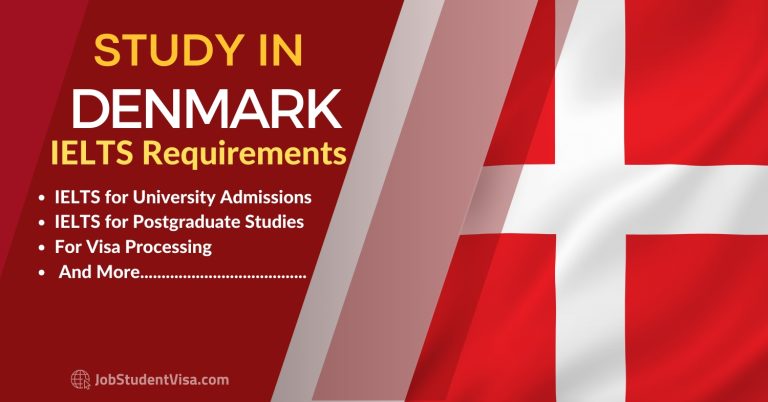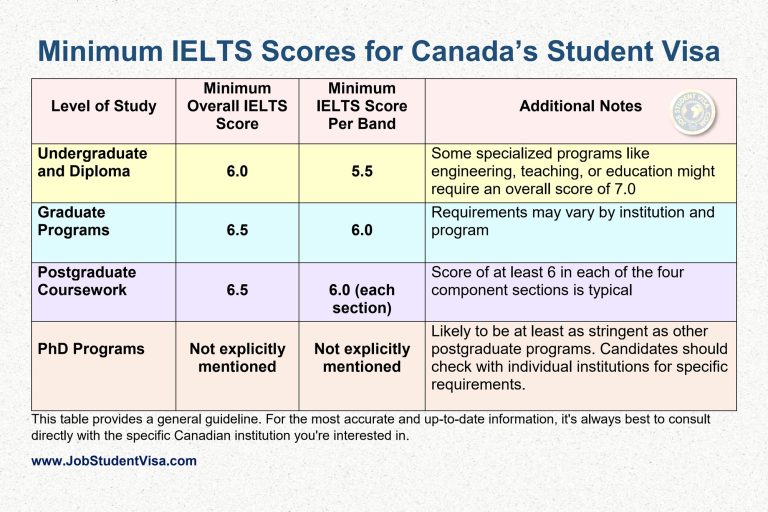Canada Doubles Financial Threshold for International Students, Considers Extending Work Hours
In a landmark announcement that will significantly impact international students, the Canadian government, led by Immigration Minister Mark Miller, has declared a major change in the financial requirements for students seeking to study in Canada. Starting from January 1, 2024, the minimum bank deposit requirement for international students will be doubled, a move aimed at ensuring their financial stability while studying in the country.
A Steep Increase in Financial Requirements
For the last two decades, students wishing to pursue higher education in Canada were required to demonstrate a bank balance of 10,000 dollars. However, in a significant policy shift, this figure has been raised to 20,635 dollars. This change underscores the Canadian government’s efforts to guarantee that international students can adequately support themselves financially during their educational tenure in the country, especially in light of the rising cost of living.
Addressing the Cost of Living Adjustments
Minister Miller pointed out that the conditions for studying in Canada, particularly concerning living costs, had not been adequately updated over time. This oversight has often resulted in international students facing financial hardships, unable to cover their living expenses adequately. The new policy is a response to these challenges, ensuring students are better prepared financially for their stay in Canada.
Extension of Work Hours for International Students
In addition to the financial requirement changes, Minister Miller hinted at the possibility of increasing the number of hours international students are allowed to work. Presently capped at 20 hours per week, this potential extension is viewed as a measure to provide students with more opportunities to earn income and support themselves while gaining valuable Canadian work experience.
Criticism of Educational Institutions
The move also comes amidst long-standing criticism of some Canadian educational institutions, accused of admitting international students without ensuring adequate educational standards and support. There have been concerns that these practices not only exploit the students but also potentially devalue the quality of Canadian education.
Potential Visa Limitations and Institutional Responsibilities
Minister Miller warned that if provinces and educational institutions do not take appropriate steps before the upcoming fall semester, there could be significant limitations imposed on the number of visas issued. He stressed the importance of educational institutions in ensuring that they admit only as many students as they can provide adequate accommodation and support for. This emphasis on responsible enrollment practices is seen as crucial for maintaining the integrity of the Canadian educational system and the well-being of international students.
Impact on International Students and Canadian Education
This policy change is poised to have far-reaching consequences for both international students and the Canadian education sector. On one hand, it could potentially deter some prospective students due to the increased financial burden. On the other hand, it could lead to a more financially secure and well-supported international student community in Canada.
Global Implications and Future Outlook
The Canadian government’s decision could set a precedent for other countries, prompting a global rethinking of policies regarding international education. As the world continues to grapple with issues of educational access and quality, Canada’s approach offers a model that balances the needs and responsibilities of students, educational institutions, and government policies.
As Canada prepares for this significant change, the focus is now on how these increased financial requirements and the potential extension of work hours will reshape the experience of international students. This policy revision marks a significant step in Canada’s commitment to ensuring a sustainable and supportive environment for international education, reflecting a deep understanding of the challenges faced by students far from home.







